(CLO) The overthrow of the Assad regime and the establishment of a transitional government by the Ankara-backed opposition has allowed Turkey to begin to enhance its geopolitical position and influence in the region. However, it is not easy for Turkey to reap the "spoils of war".
Türkiye's Ambitions
The “spoils” here could be the northern territories of Syria (with Aleppo being the economic heart of the country), resolving the Kurdish issue, consolidating positions in the Middle East, and of course the construction of a gas pipeline from Qatar through Saudi Arabia, Jordan, Syria and Turkey to Europe.
In fact, the construction of a gas pipeline from Qatar through Saudi Arabia, Jordan, Syria and Türkiye to Europe, which has been cherished by the Turkish President Erdogan's administration since the 2000s, could significantly reduce the European Union's (EU) dependence on Russian gas, and is a serious geopolitical and economic move.
For Ankara, this would be a huge source of income as it gains an advantage over Brussels; at the same time, it can use this leverage much more effectively than Ukraine. Türkiye will not only get money from European countries, but also be able to “bargain” with these countries over Türkiye’s accession to the European Union (EU). Or even the issue of protecting the Turkish community in Germany and other European countries.
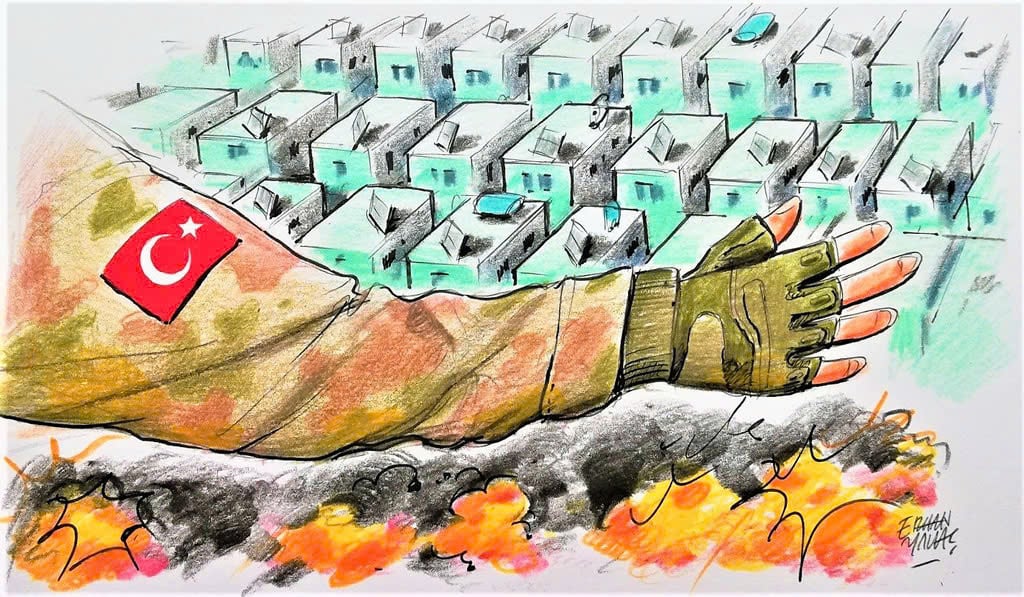
Illustration
However, in the 2000s, Syrian President Bashar al-Assad thwarted Türkiye’s geopolitical ambitions. The Damascus government refused to allow the pipeline to pass through its territory, with analysts saying that Assad’s decision was understandable, as he sought to protect the interests of Russia (which was Europe’s main gas supplier and would reduce competition from a pipeline from Qatar) and Iran (which also wanted to send its gas to Europe).
There are also other opinions that the refusal of the old regime in Damascus is one of the reasons why Türkiye is stepping up its proxy war to overthrow President Assad and increasing its support for the Syrian National Forces (SNA).
Now that opposition groups, including the Turkish-backed SNA, have overthrown the Assad regime and accelerated the political transition process, it has created a favorable opportunity for Ankara to exploit the "spoils of war" in Syria.
Barriers that are not easy to overcome
However, according to Associate Professor Gevorg Mirzayan, Faculty of Political Science , Financial University under the Russian Government, it will not be easy for the Turkish President Erdogan's administration to realize the plan to build a gas pipeline through Syria. This comes from the following reasons:
First, the issue of stabilizing Syria to carry out the pipeline is the biggest obstacle. There are huge differences of opinion and conflicting interests of power among the forces claiming to be involved in dividing the legacy of the Assad regime – between Sunnis and Shiites, Kurds and Turks, Alawites and Druze, secular politicians and Islamic fundamentalists, moderates and radicals.
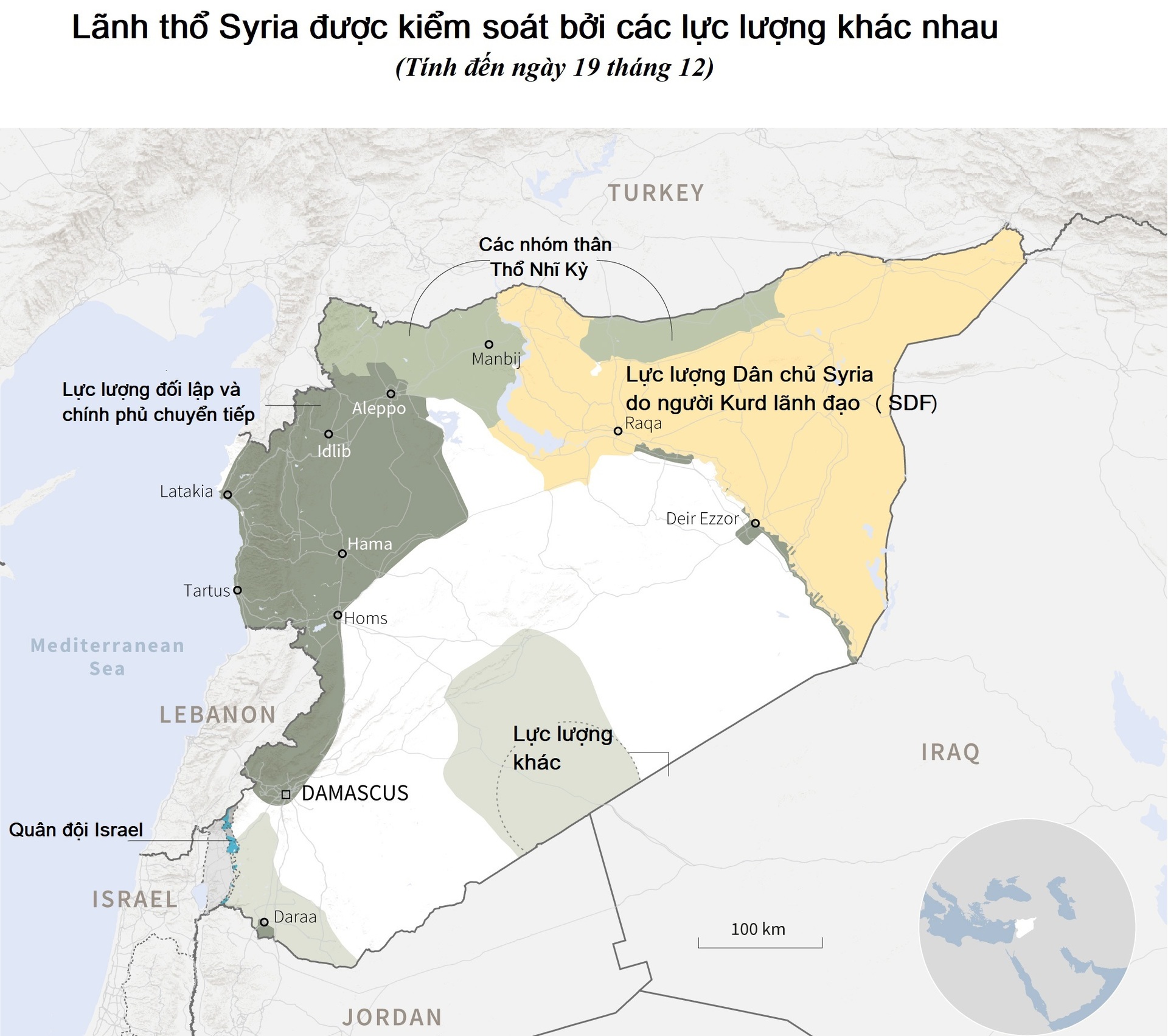
Graphic photo (source: Barrons, AFP, WS)
The disparate coalition against the Assad regime will be difficult to maintain after his overthrow. As a result, no single force can guarantee the safety of the pipeline’s construction and, most importantly, its operation, similar to the lesson of Libya. Under such conditions, no one will invest billions of dollars in the pipeline’s construction.
Second, Qatar currently exports gas by tanker to East Asia and other partner markets – and it has invested heavily in expanding these exports, particularly in building liquefaction facilities.
Sending gas via pipeline (albeit cheaper) to Europe would mean taking away some of its liquefied natural gas (LNG) exports and generally driving down global gas prices, so Qatar’s profit margin would be negligible.
Theoretically, Qatar could absorb the losses if Türkiye offered the right terms. And diversifying its gas supply routes is also of interest to some Qatari leaders. But this raises another obstacle, namely Saudi Arabia, where the longest pipeline passes.
In fact, the relationship between Saudi Arabia and Qatar has always faced difficulties and challenges. Geopolitical conflicts, complicated personal relationships between the two countries' leaders, different views on Islam and terrorist groups in the Middle East, have led to conflicts and disagreements, culminating in the Gulf crisis from 2017 to 2021.
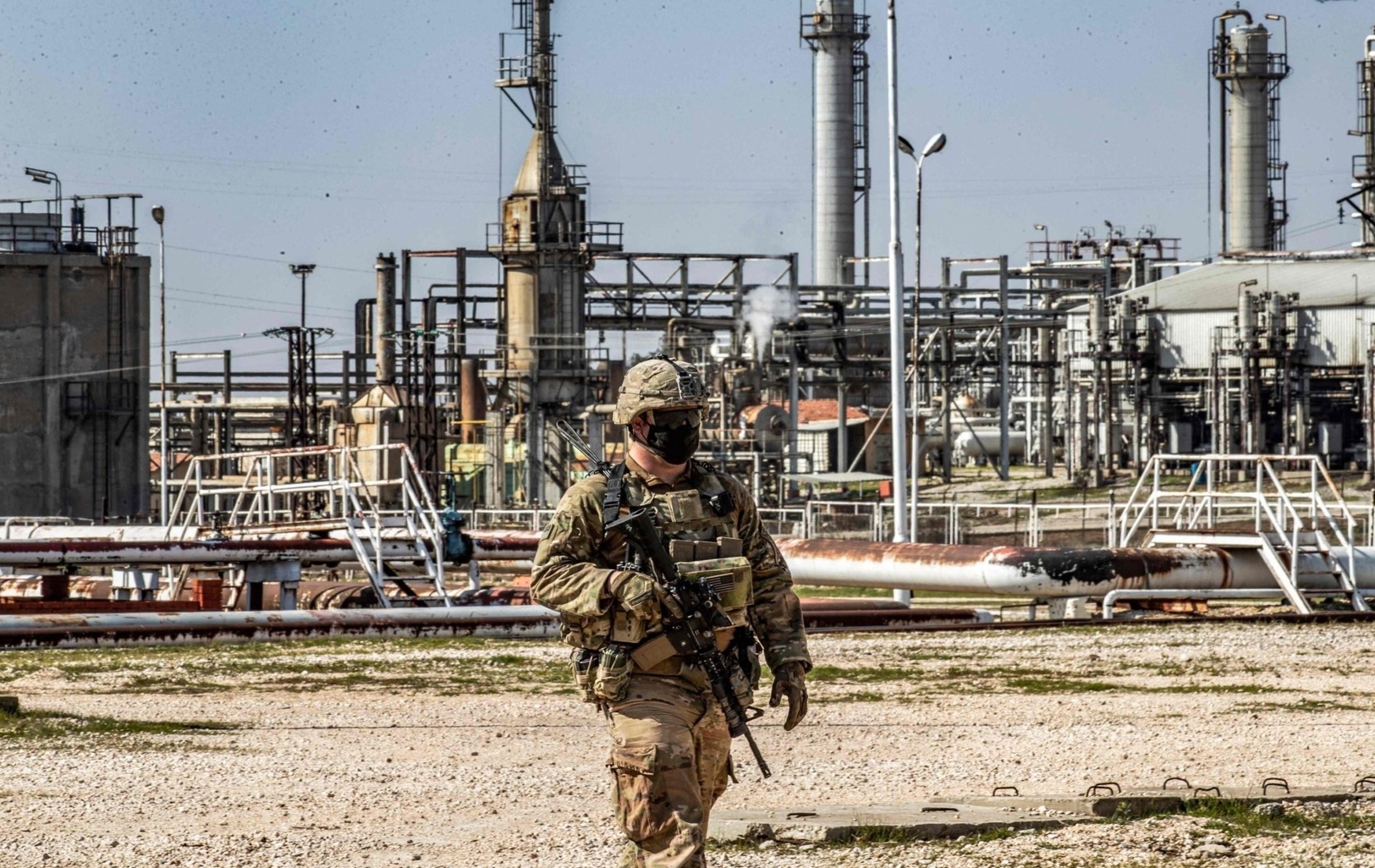
Oil fields in Syria are being held by many parties. Photo: Internet
Although the diplomatic crisis has been resolved, there is no guarantee that Saudi Arabia will not repeat the same approach as long as the conflicts and disagreements between the parties still exist. As a result, it will be very difficult to operate an important, even strategic, gas pipeline between Qatar and Saudi Arabia.
Third, the Americans are also unhappy with this Turkish plan. In the 2000s, the US actively supported any plans to “diversify” Russian gas supplies to Europe at the expense of other suppliers.
However, the situation is different now. The US certainly does not want other sources of supply to threaten the dominance of US companies in the European LNG market. And Qatar will also have to pay attention to the US attitude. After all, the US role in the security environment in this country is much larger than that of Türkiye.
Obviously, with the above obstacles, it is not easy for President Erdogan's administration to realize its plan to build a gas pipeline through Syria, thereby fulfilling its geopolitical and economic ambitions.
Hung Anh
Source: https://www.congluan.vn/tho-nhi-ky-gap-kho-trong-khai-thac-chien-loi-pham-o-syria-post327170.html


![[Photo] More than 17,000 candidates participate in the 2025 SPT Competency Assessment Test of Hanoi National University of Education](https://vphoto.vietnam.vn/thumb/1200x675/vietnam/resource/IMAGE/2025/5/17/e538d9a1636c407cbb211b314e6303fd)


![[Photo] Prime Minister Pham Minh Chinh chairs meeting on science and technology development](https://vphoto.vietnam.vn/thumb/1200x675/vietnam/resource/IMAGE/2025/5/17/ae80dd74c384439789b12013c738a045)
![[Photo] National conference to disseminate and implement Resolution No. 66-NQ/TW and Resolution No. 68-NQ/TW of the Politburo](https://vphoto.vietnam.vn/thumb/1200x675/vietnam/resource/IMAGE/2025/5/18/adf666b9303a4213998b395b05234b6a)



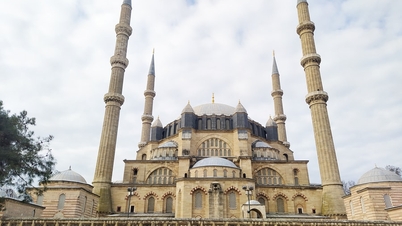



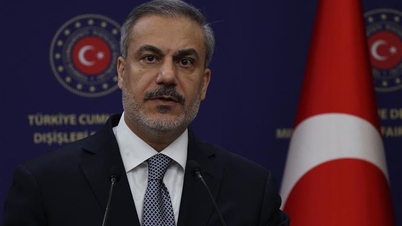

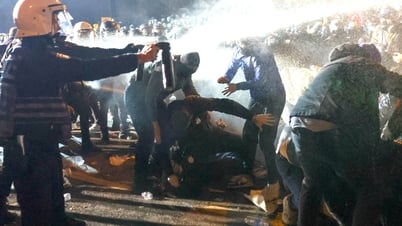

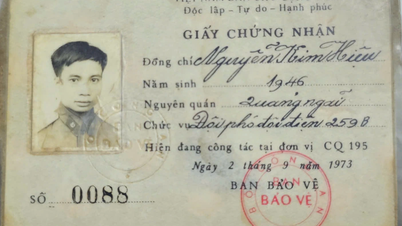



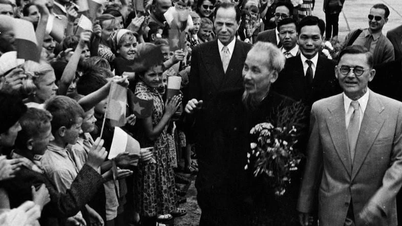

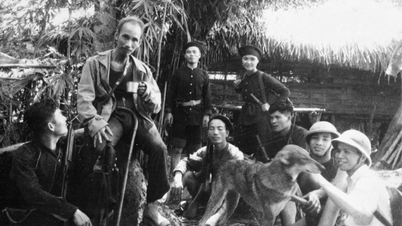

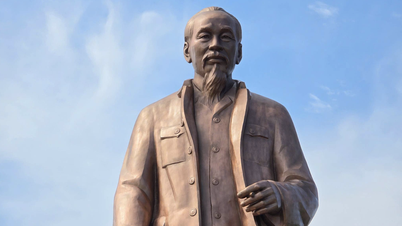










![[Photo] Readers line up to visit the photo exhibition and receive a special publication commemorating the 135th birthday of President Ho Chi Minh at Nhan Dan Newspaper](https://vphoto.vietnam.vn/thumb/1200x675/vietnam/resource/IMAGE/2025/5/17/85b3197fc6bd43e6a9ee4db15101005b)


























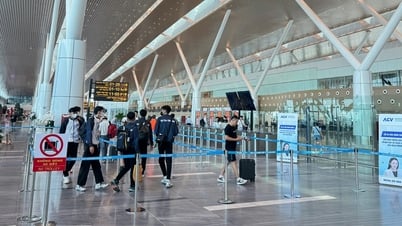


















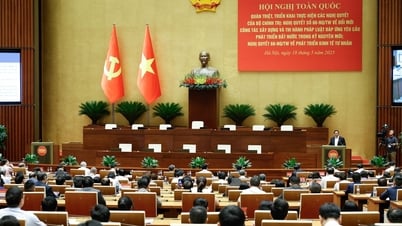
















Comment (0)